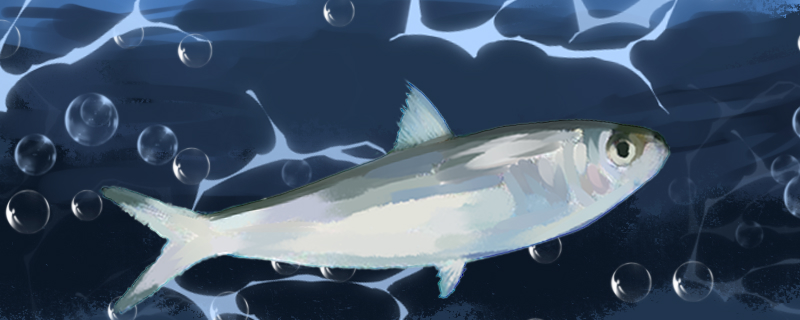
Judging from the living environment of sardines, they belong to marine fish. In addition, the distribution depth of sardines can be divided more carefully. In terms of depth, those distributed in offshore areas are called inshore fish, while those distributed in deeper and farther waters are deep-sea fish. Sardines belong to a warm water inshore fish, belonging to the inshore fish, not counting deep-sea fish.
Specifically, the distribution depth of sardines is different in different seasons. When spring comes, the sea temperature near the shore will rise, and sardines will swim closer to the shore, at this time they may breed, this habit can also be said to migrate, but they will not migrate very far. In autumn and winter, when the temperature of the sea water near the coast decreases and the deeper water is warmer, they will swim away from the coast, usually at a depth of 70-80 meters.
The above has been introduced, sardines belong to marine fish, is living in the sea. Therefore, if artificial breeding is not suitable, because they have adapted to the marine environment, can not survive in fresh water, artificial breeding is more difficult to completely simulate the marine environment. In addition, as mentioned above, sometimes sardines will be distributed in the depth of 70-80 meters of sea water, where the pressure of sea water is relatively high, and sardines have adapted to such an environment, they may not be able to adapt to the environment of artificial breeding.